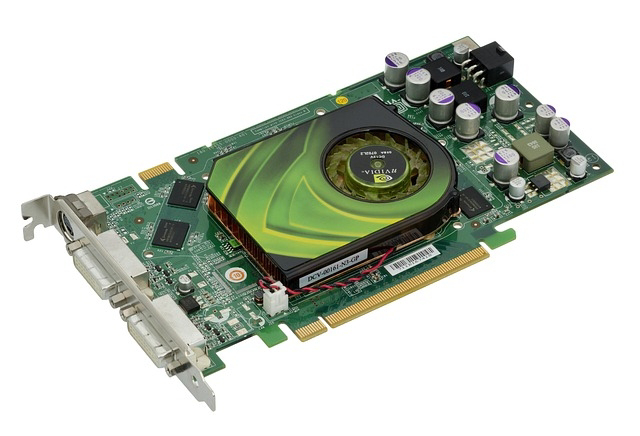Huawei Technologies is preparing to begin mass production of its next-generation AI processor, the Ascend 910C, potentially as early as next month. This major development comes at a time when the Chinese tech giant is pushing to establish greater independence in advanced chip technologies amid tightening U.S. export controls.
The Ascend 910C represents a significant step forward for Huawei’s AI ambitions. Building on its predecessor, the 910B, the new chip integrates two 910B units, allowing it to deliver performance levels comparable to Nvidia’s flagship H100 processors. In a market where Nvidia has long been the dominant supplier for high-end AI processing chips, Huawei’s entry offers Chinese AI companies a credible alternative that could reshape the competitive landscape.
U.S. restrictions have severely limited Nvidia’s ability to export its powerful H100 and H20 chips to China, creating an opportunity for domestic firms like Huawei to step in. The Ascend 910C could not only meet the computing demands of local AI companies but also serve as a strategic safeguard for China against external technological dependencies.
Industry analysts point out that Huawei’s chip, even in the absence of current sanctions, would likely have gained traction as a second sourcing option for Chinese technology companies. It provides them with much-needed supply chain resilience and strategic autonomy. Moreover, concerns remain that export controls might not completely block China’s access to essential technologies like high-bandwidth memory and advanced semiconductor manufacturing processes, keeping Huawei’s development pipeline active.
While Huawei's advancements are notable, challenges remain. Manufacturing yields for high-end chips in China still lag behind global standards, and the country's fabrication plants face limitations without the latest lithography equipment. Despite these hurdles, the performance leap shown by the Ascend 910C highlights China's growing ability to innovate and compete in the critical AI hardware sector.
For Nvidia, the competitive threat is real but complex. While the company retains its technological edge globally, its market share in China could face gradual erosion if local firms increasingly adopt Huawei's chips. However, broader global demand for Nvidia’s products in markets outside China may offset the potential impact, preserving Nvidia’s stronghold in other regions.
Huawei’s launch of the Ascend 910C marks an important milestone in the race toward semiconductor self-reliance in China. The chip’s impressive performance specs could make it an attractive choice for domestic AI companies, especially under the shadow of ongoing geopolitical tensions. Nonetheless, Huawei must still overcome significant challenges in chip fabrication and mass production to match the reliability, scalability, and ecosystem support offered by companies like Nvidia. In the broader view, Huawei’s progress symbolizes not just a corporate victory but a national strategy shift toward technological sovereignty — a trend that could define the next decade in the global tech landscape.
